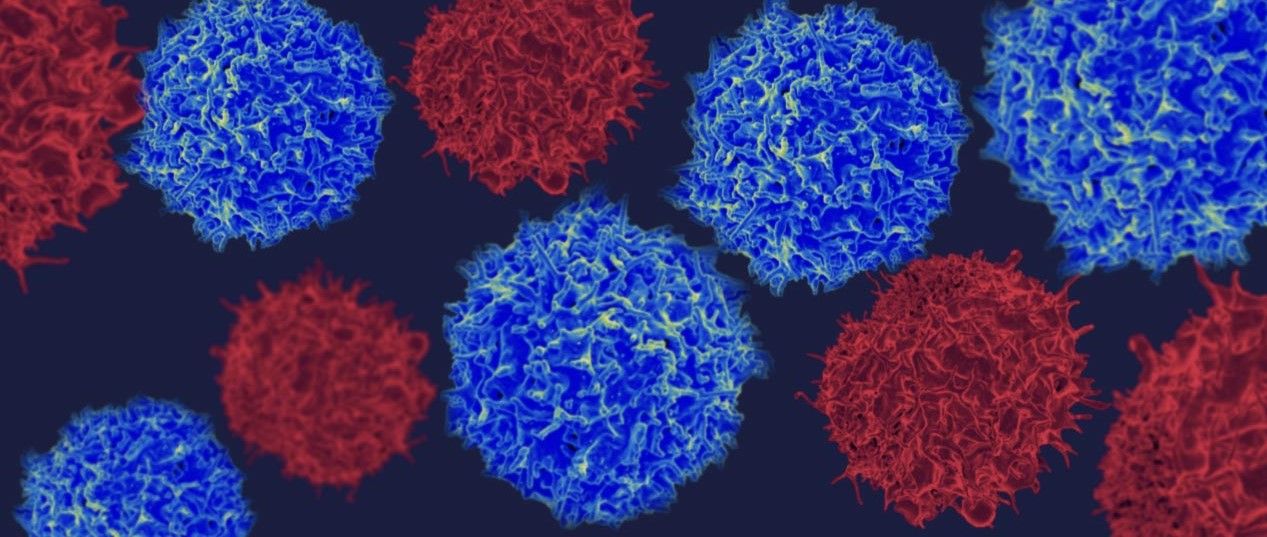Autoimmune pancreatitis (AIP) is difficult to diagnose and can sometimes be confused with pancreatic cancer, which presents with similar symptoms. AIP is an inflammatory disease involving elevated IgG4, but the target autoantigen(s) is unidentified. This group’s previous work pointed to the extracellular matrix, and now, Shiokawa et al. show that a truncated form of laminin 511 may be a major autoantigen in AIP. They observed that half of AIP patients they analyzed had anti–laminin 511 antibodies, which were absent in healthy controls. Patient pancreatic tissues were positive for laminin 511, and immunization of mice with this protein induced AIP-like symptoms. These results reveal an autoimmune target in this disease and one day may aid AIP diagnosis.
Autoimmune pancreatitis (AIP), a major manifestation of immunoglobulin G4–related disease (IgG4-RD), is an immune-mediated disorder, but the target autoantigens are still unknown. We previously reported that IgG in patients with AIP induces pancreatic injuries in mice by binding the extracellular matrix (ECM). In the current study, we identified an autoantibody against laminin 511-E8, a truncated laminin 511, one of the ECM proteins, in patients with AIP. Anti–laminin 511-E8 IgG was present in 26 of 51 AIP patients (51.0%), but only in 2 of 122 controls (1.6%), by enzyme-linked immunosorbent assay. Because truncated forms of other laminin family members in other organs have been reported, we confirmed that truncated forms of laminin 511 also exist in human and mouse pancreas. Histologic studies with patient pancreatic tissues showed colocalization of patient IgG and laminin 511. Immunization of mice with human laminin 511-E8 induced antibodies and pancreatic injury, fulfilling the pathologic criteria for human AIP. Four of 25 AIP patients without laminin 511-E8 antibodies had antibodies against integrin α6β1, a laminin 511 ligand. AIP patients with laminin 511-E8 antibodies exhibited distinctive clinical features, as the frequencies of malignancies or allergic diseases were significantly lower in patients with laminin 511-E8 antibodies than in those without. The discovery of these autoantibodies should aid in the understanding of AIP pathophysiology and possibly improve the diagnosis of AIP.




